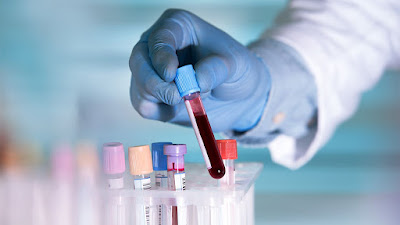Liquid Biopsy: A Promising New Cancer Screening and Diagnostic Method

Liquid Biopsy What is Liquid Biopsy? Liquid biopsy is a non-invasive blood test to detect and monitor cancer. It analyzes cell-free DNA (cfDNA) and circulating tumor cells (CTCs) that tumors shed into the bloodstream. cfDNA and CTCs can provide important information about the presence and progression of cancer without requiring surgery or biopsy of tumor tissue. Advantages Over Traditional Biopsy Methods Traditional biopsies require invasive procedures like surgery or needle biopsies to obtain tumor tissue samples. This poses risks to patients and is not always feasible depending on the tumor location. Liquid Biopsy offers many advantages by detecting cancer biomarkers in blood: - It's a simple blood draw that's less risky than surgical biopsies - Repeated samples can be taken over time to monitor treatment response or recurrence - It may detect cancer earlier by finding circulating biomarkers before tumors are large enough to detect with imaging - It can be used to guide trea...


